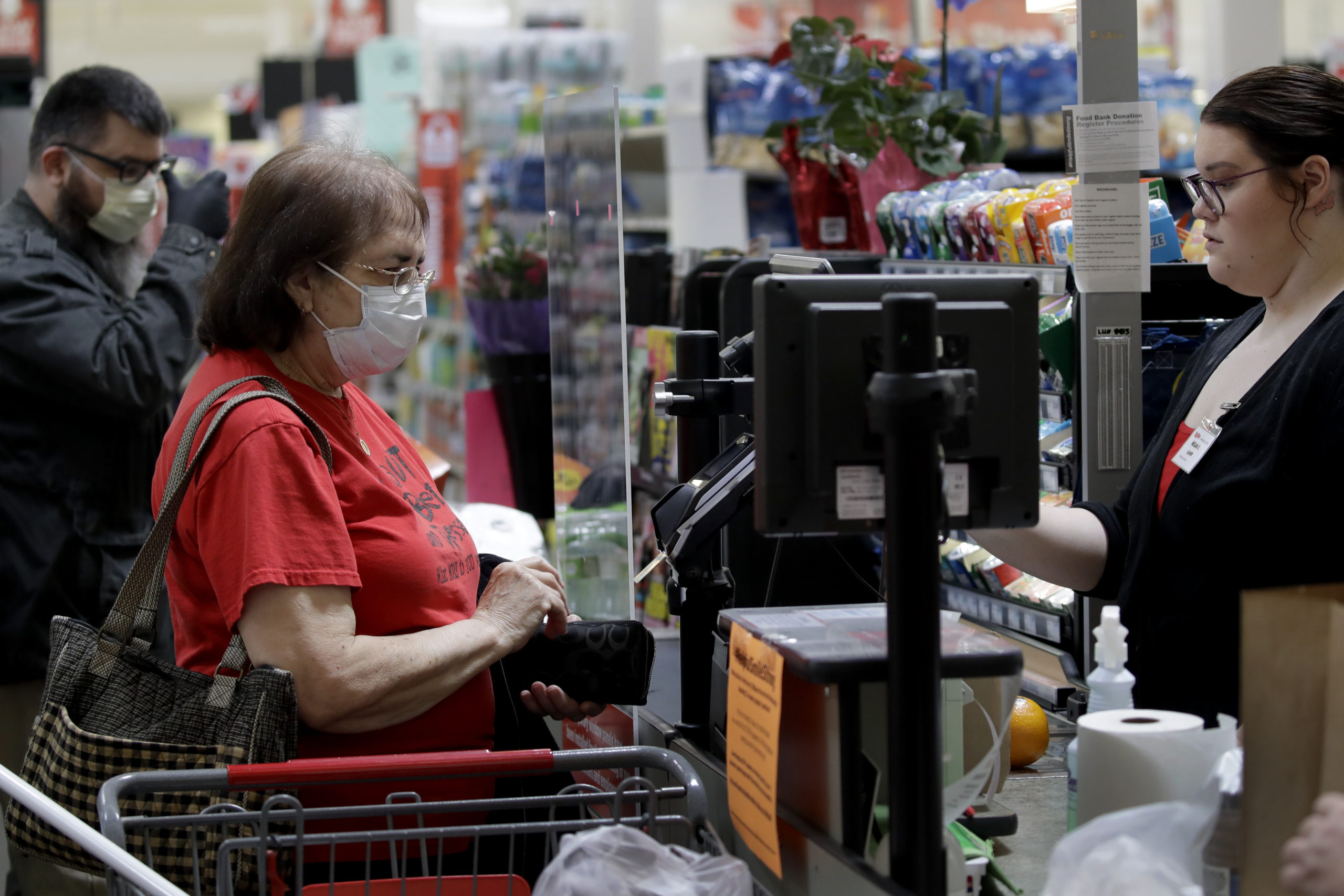‘Checkout charity’ can increase a shopper’s anxiety, especially when asks are automated

The Research Brief is a short take about interesting academic work.
The big idea
Asking customers to support a cause when they pay for stuff can heighten their anxiety. Contrary to the common belief that shoppers feel good about making donations at checkout, we have found that there is a downside to such charity campaigns.
For our study, co-authored with Alex Zablah, we researched how customers respond to donation requests made by cashiers or automated checkout kiosks.

Brooklyn Boro
View MoreNew York City’s most populous borough, Brooklyn, is home to nearly 2.6 million residents. If Brooklyn were an independent city it would be the fourth largest city in the United States. While Brooklyn has become the epitome of ‘cool and hip’ in recent years, for those that were born here, raised families here and improved communities over the years, Brooklyn has never been ‘uncool’.